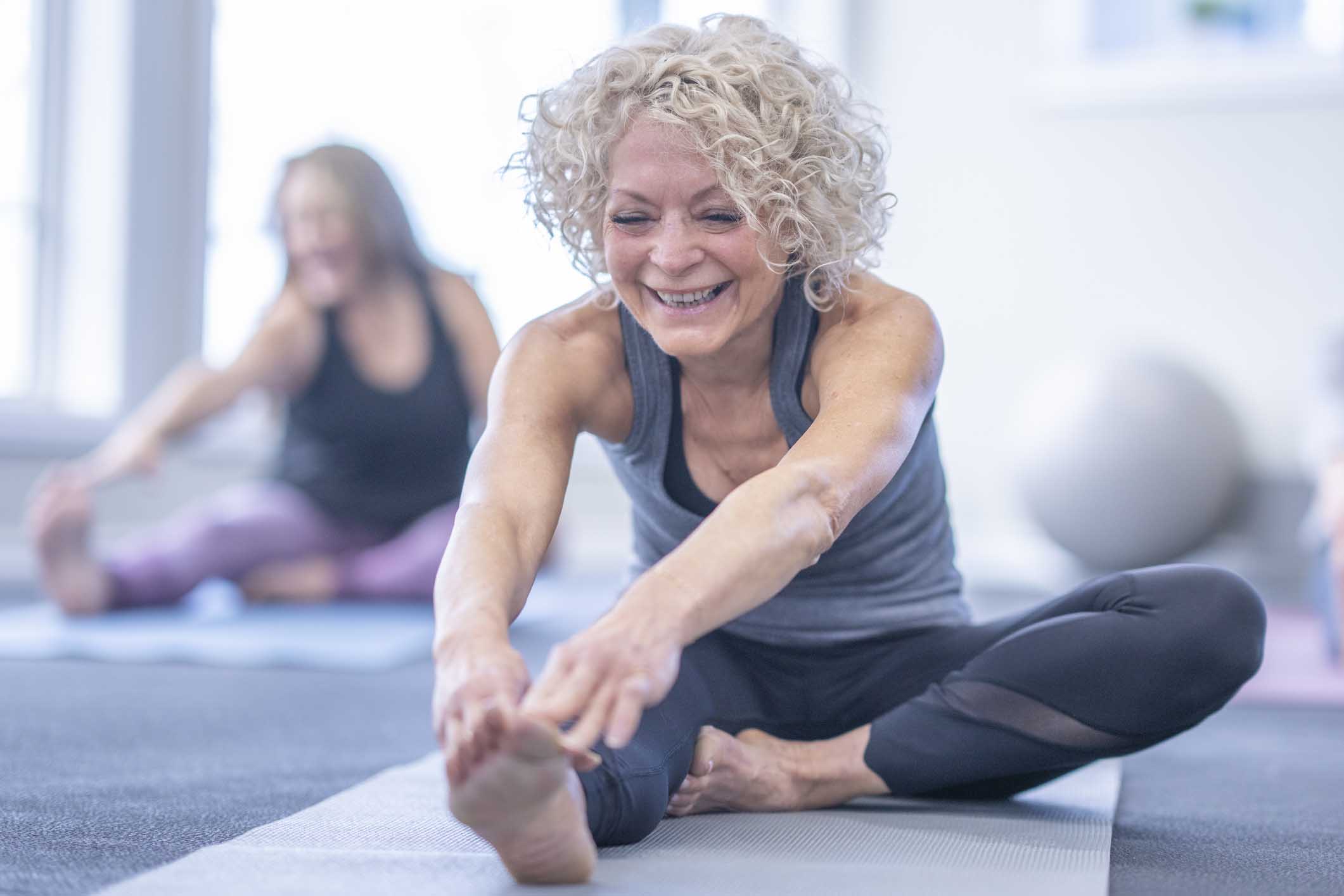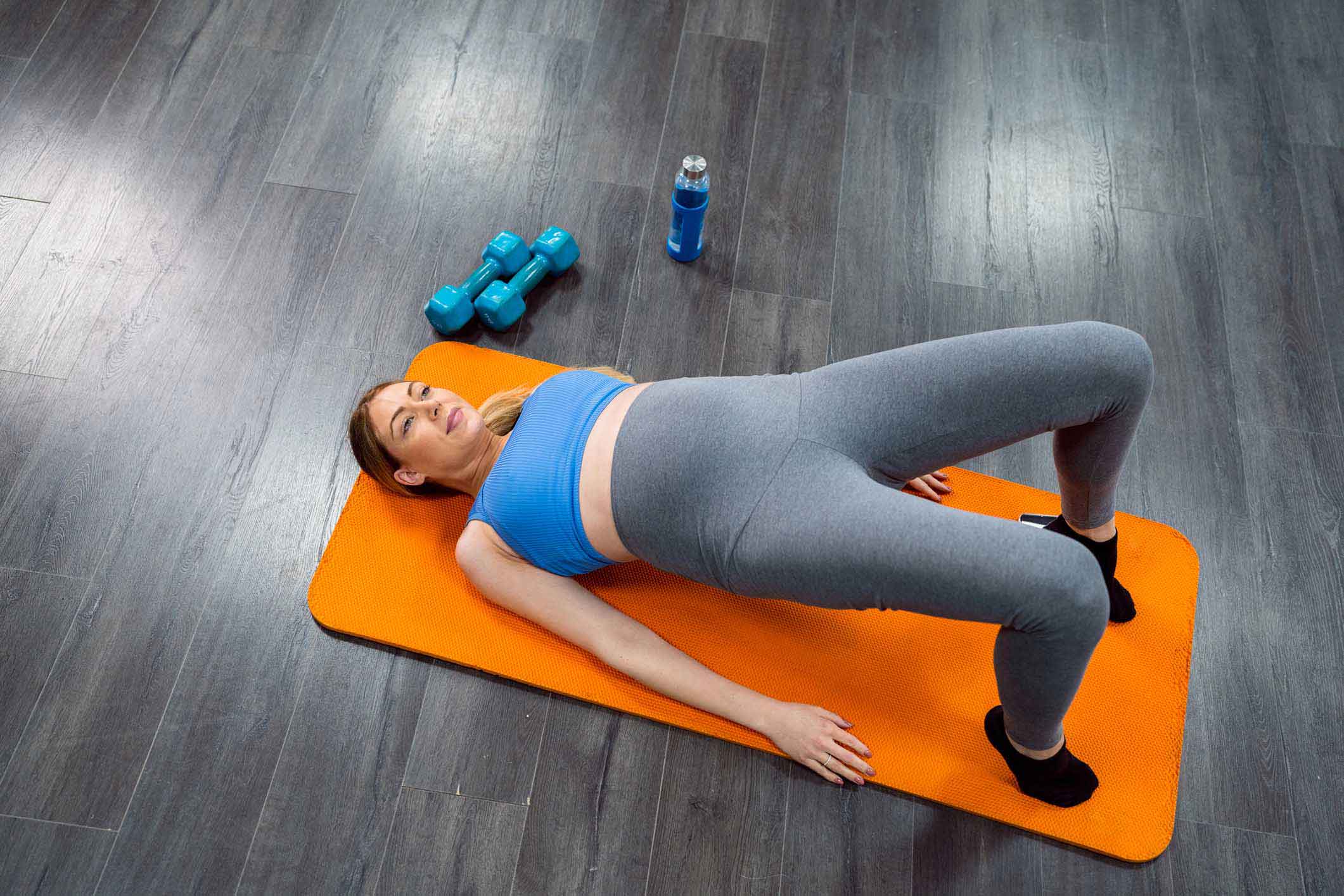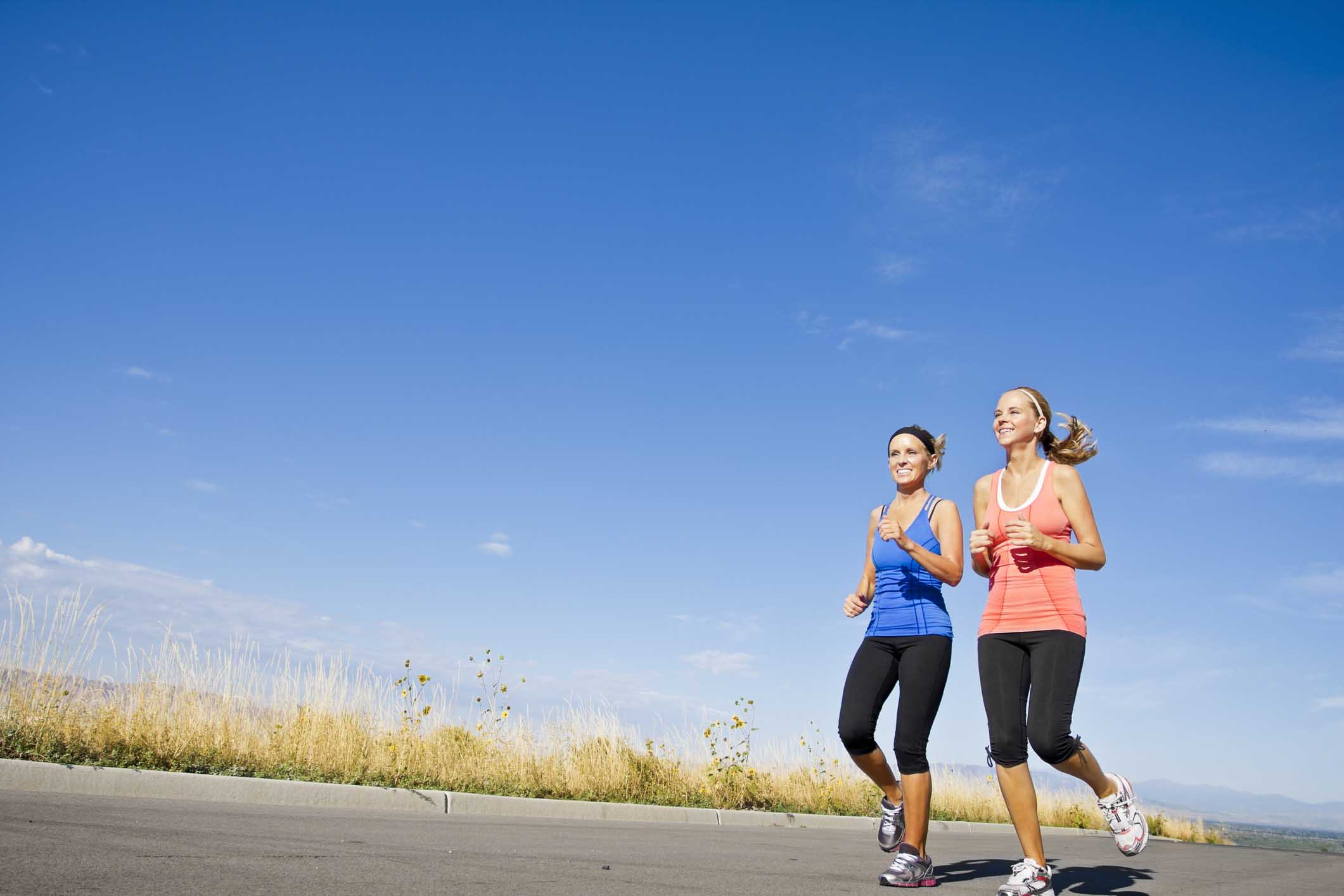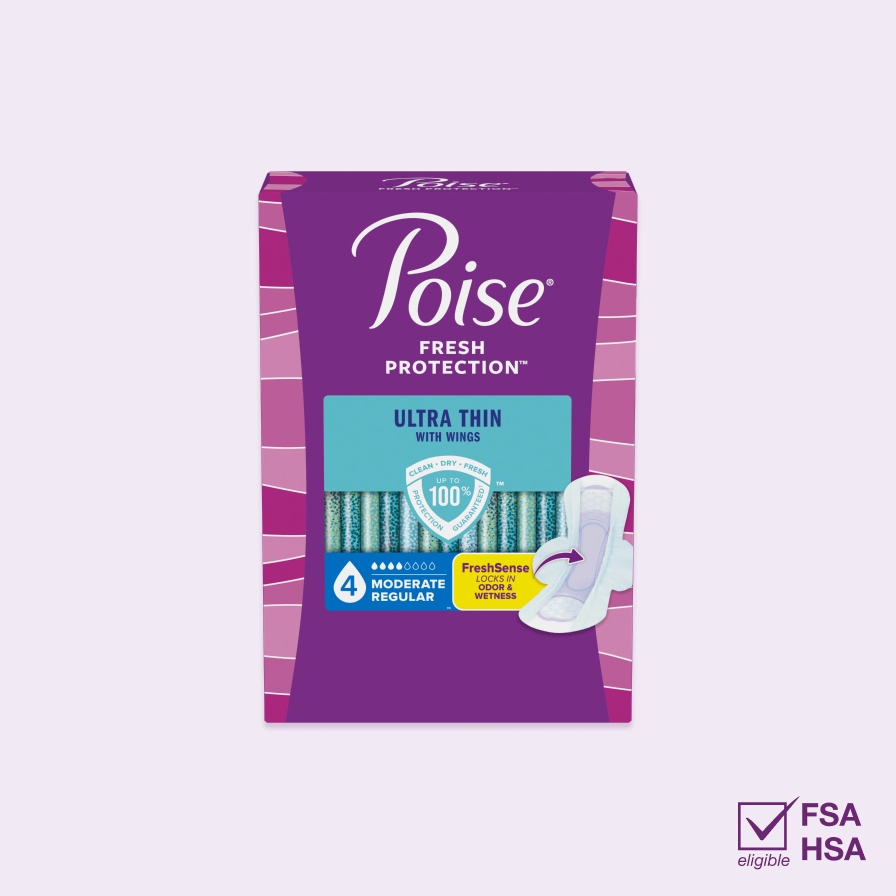How Do I Stop Leaking Urine When I Exercise?
How Do I Stop Leaking Urine When I Exercise?
"I had to stop wearing tennis skirts on the court," recalls Donna Wilson, a California attorney. "I took to wearing sweats because I knew I'd be wet by the end of the game. I just didn't want to admit what was going on."
If you're like Donna and experience bladder control loss while exercising, there are things you can do. Donna didn't give up her sporty lifestyle and neither should you.
Donna's doctor suggested she keep a diary of her drinking habits and when she had to "go." After a couple of weeks, she found that if she didn't drink anything within two hours of her morning tennis game, she stayed dryer. And she also learned how to drink during her matches. "I drank small amounts of water while playing tennis," she says, "but not whole bottles like I had been doing."
Controlling how much she drank didn't entirely resolve her leakage during tennis, so Donna's doctor suggested she think about alternating her exercise routine with a less high impact activity. Donna was willing to give it a try. "I started biking," she recalls. " I still kept my diary and found that not pounding like I did on the courts was helpful."
Experts emphasize that it's important to stay active, even if you have to alter your type of exercise. The more you tone your muscles, the more you help to keep your pelvic floor strong and prevent leakage.
As Donna discovered, some exercises, like those where your heels hit a hard surface, can increase the likelihood of bladder control problems. "Repetitive bouncing can increase abdominal pressure and transmit the impact to the bladder," says Massachusetts physical therapist Elizabeth Noble. Kristene E. Whitmore, M.D., medical director for the Pelvic and Sexual Health Institute at Graduate Hospital in Philadelphia, recommends exercises like yoga and working out on an elliptical machine because they put less stress on the bladder.
What else shouldn't you do?
- Don't do exercises that involve lifting heavy weights. Lifting weight, particularly overhead, puts pressure on the bladder, which can result in leakage. Fitness trainers suggest using light weights or even doing the same exercises without weights.
- Avoid doing standing squats (a squat that starts from a standing position), which puts too much stress on your pelvic floor
- Don't eat a heavy meal before exercising. The extra abdominal pressure bears down on your bladder and can cause leakage.
What else can you do?
- Wear a liner, pad or a panty that is specifically designed for bladder control problems.
- Talk to your doctor about a device that you can insert into your vagina; it's called a pessary. It supports your bladder and urethra (the tube through which urine flows out of your body) to prevent leakage. "You can insert and remove a pessary before and after you exercise," says Dr. Whitmore.
- Talk to your doctor about medications, some of which are available without a prescription. "These medications help tighten the bladder neck and reduce the chance of urine loss," says Dr. Whitmore.
The important thing is to know you can stay dry during exercise by following some of these helpful tips!
Recommended Products
Absorbency Level
Absorbency Level













